Prevent fraud on your platform with verified sellers
Every two months, CEO of Online Payment Platform and president of the VBIN (Verenigde Betaalinstellingen Nederland) Maurice Jongmans is writing an article for Emerce. This month as Payment Innovator, he wrote an article about how to prevent fraud on a platform with verified sellers.
Trading platforms and marketplaces are becoming increasingly important on the internet. More and more users find their way to these platforms where supply and demand are brought together. Products and services are mutually offered. It is certainly not a new phenomenon, but there is a significant increase visible, partly because of the share economy and the consequences of COVID-19 causing an increase in online trading.
Just like in the real world, a place where many people are trading attracts less trustworthy users to these platforms, these criminals are learning to be smarter in the deception of users. Deception and fraud is very inconvenient for a user of a platform and could severely harm the reputation of the platform. It is therefore essential to exclude these untrustworthy users from your platform as much as possible.
Verified sellers
The first step in the process to authorise trustworthy users on your platform is to verify the sellers. If you also run the payments on your platform, you need a license as payment service provider, or you must take advantage of a platform-PSP (a payment service provider that specifically focuses on platforms and marketplaces). The European legislation permits you do an excessive customer research before you can process payments. Hence, you must identify your seller. The platform-psp also does this. The seller must identify himself first before he/she could accept payments and trade on the platform.
If a platform is designed for trading between businesses (B2B), between consumers and businesses (B2C) or between consumers (C2C/P2P), has many consequences for checks and communication. The regulation for businesses trading with consumers is very different from consumers trading with consumers, not to mention the mutual expectations. For C2C/P2P platforms, there are many extra challenges.
Successful identification
I always advise to perform a layered identification. By not immediately requesting all the necessary information at once, but by dividing it over several moments, you lower the treshold (and costs!) for a new seller. Additionally, the obtained information is more trustworthy due to the several contact moments with the seller and verifying his/her personal information. In doing so, you prevent identity fraud with the greatest extent possible.
Transaction history
As soon as the seller starts with trading on a platform, you will gain more information about the transactions. An accessible supportteam with proper registration of complaints and notifications is a highly valuable tool to prevent fraud. With a good transaction monitoring system, you can stay ahead of problems on the platform.
Escrow services
Escrow actually means that the seller will be paid out when the agreements made between buyer and seller are met. The buyer does already pay in advance. Therefore, both parties have more certainty and there will be traded with trust.
On which moment which agreements result in a payout is unique for each platform. Will it be paid out when a package is delivered (equal crossing) or when the service is delivered? Or will the last percentage be paid out when the buyer is entirely satisfied? Escrow provides many opportunities to make trading more secure, but could also cause discussions. Make sure to think this through in advance and guarantee clear agreements for payout.
Reviews
Allowing users to review each other is also contributing to a good impression of the trustworthiness of a seller. By connecting these reviews to the actual payment transactions, abuse of reviews can be prevented.
Buyers fraud
Unfortunately, besides sellers fraud, buyers fraud also occurs. And fraud is never entirely preventable. But a platform-psp has knowledge and experience throughout the entire market and on many other platforms, that is an immediate benefit once you join. If a user is blocked for (suspected of) fraud on one platform, this user is restricted from trading on other connected platforms. And some platform-psps have an additional buyers blocklist in order to minimise the potential buyers fraud.
Fraud and deception is has always been and is definitely not less than out there. Therefore, we must equip ourselves as good as possible to prevent abuse on your platform. On a daily basis at work, I see how many potential problems we could prevent and how fast we can reduce the fraud on a platform with verified sellers and online payments. In order to trade, you need trust!

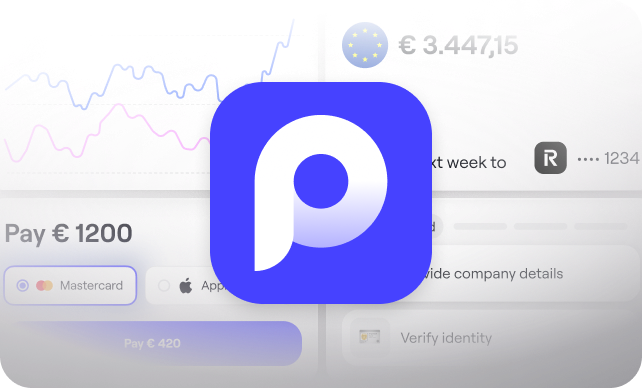
.svg)
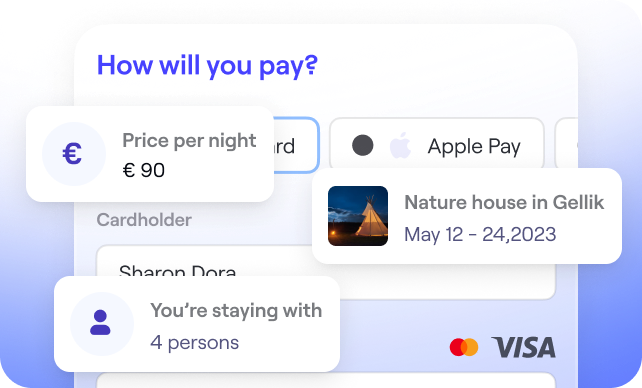
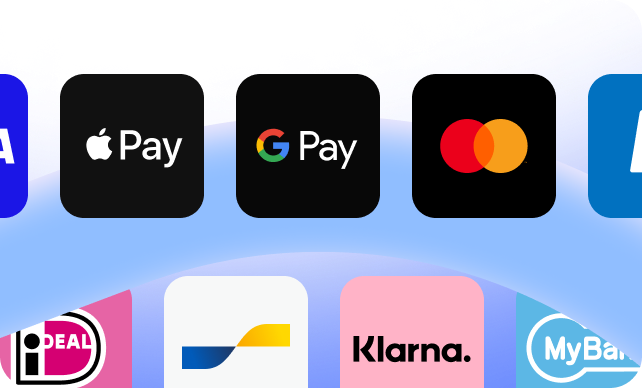



.svg)
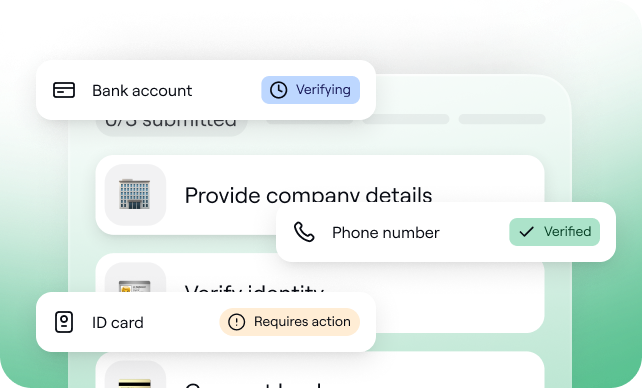
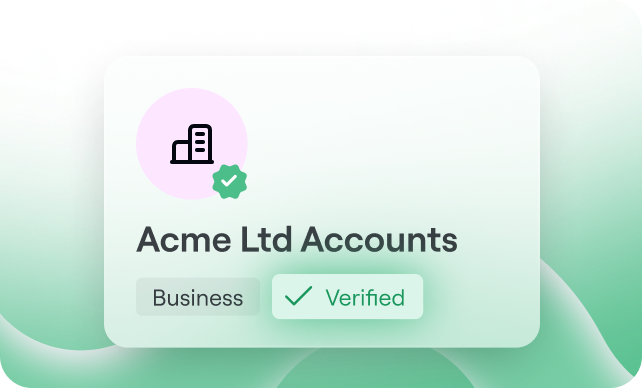

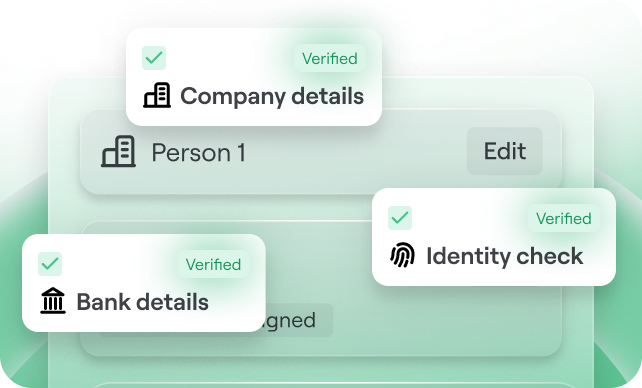
.svg)
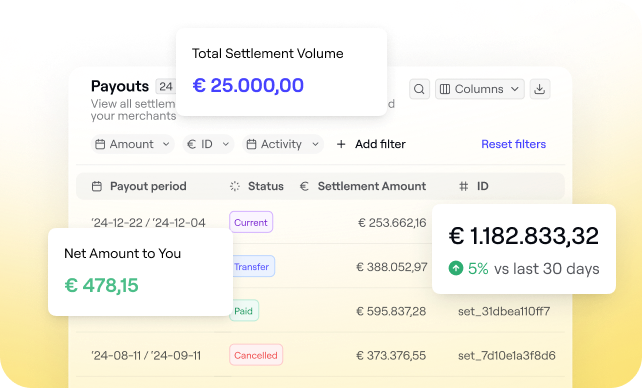
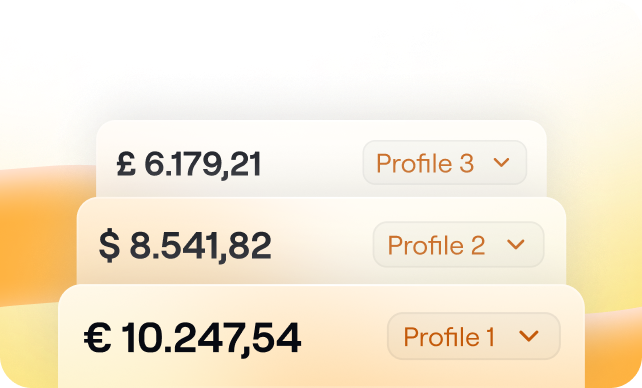
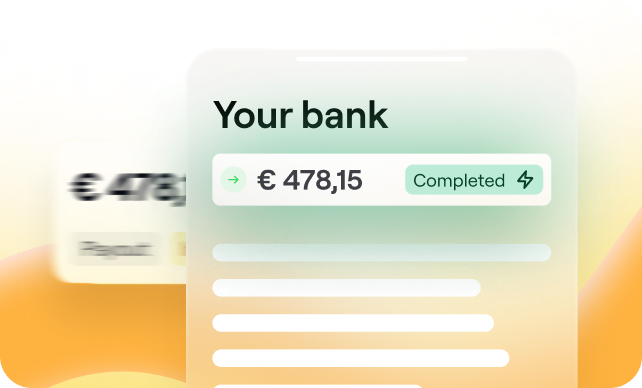
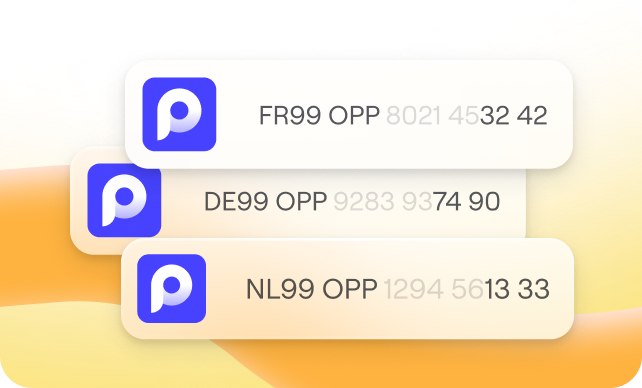
.svg)
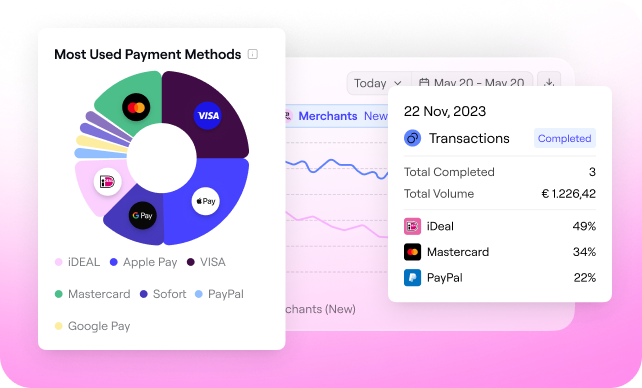
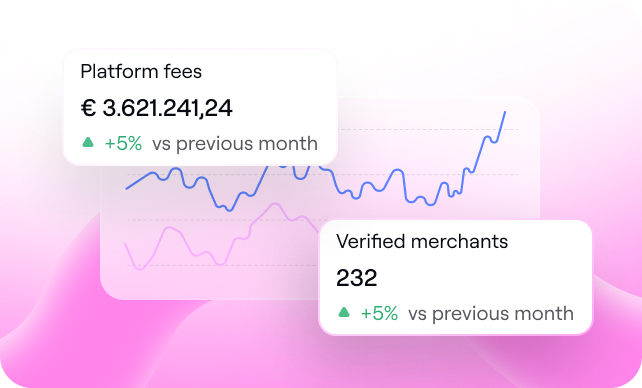

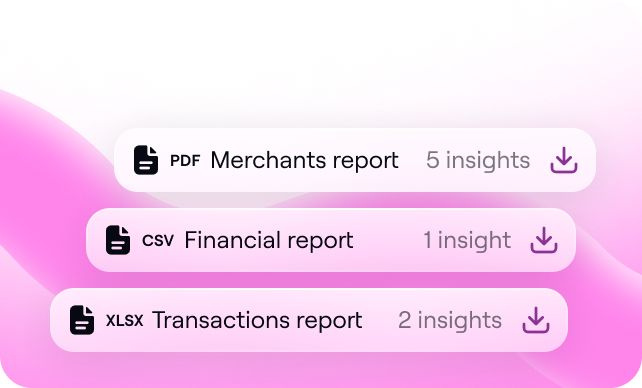
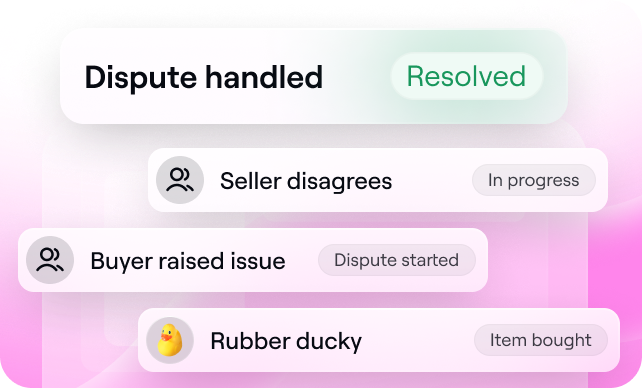






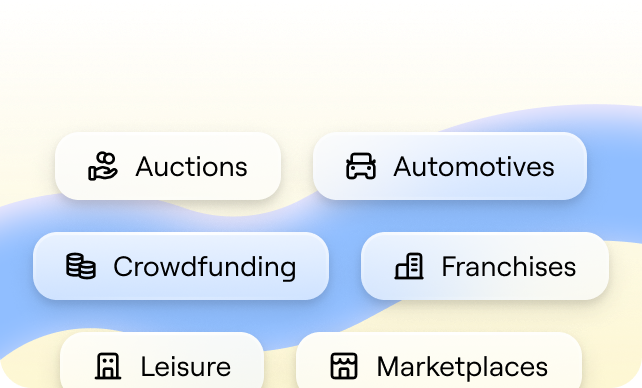






%20(1).png?width=1300&name=Copy%20of%20Copy%20of%20Blog%20post%20(1620%20x%201080%20px)%20(1).png)



.png)
.png?width=75&height=51&name=Worldline%20(2).png)